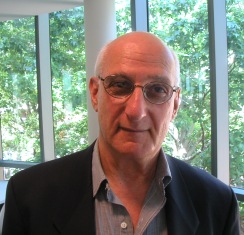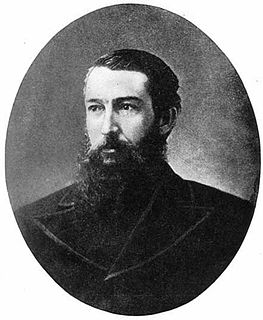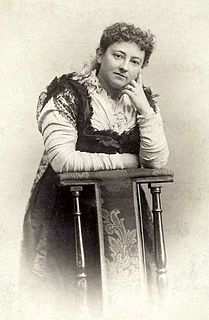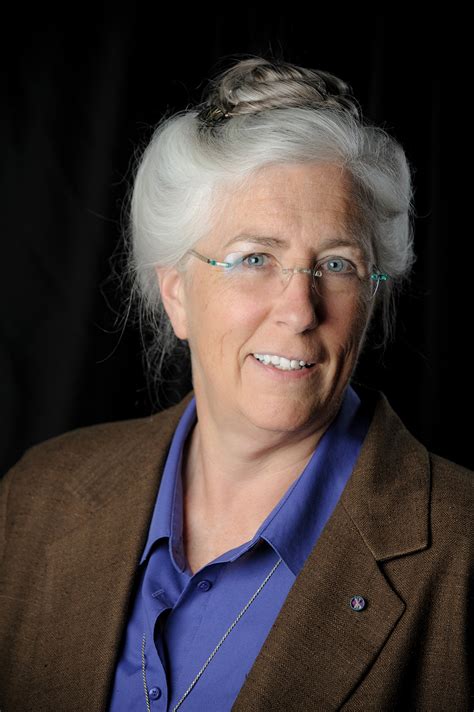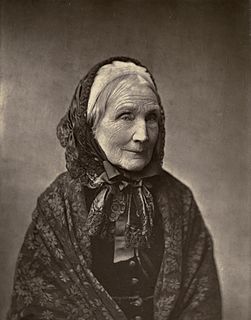A Quote by David Hockney
I had always planned to make a large painting of the early spring, when the first leaves are at the bottom of the trees, and they seem to float in space in a wonderful way. But the arrival of spring can't be done in one picture.
Related Quotes
He had never liked October. Ever since he had first lay in the autumn leaves before his grandmother's house many years ago and heard the wind and saw the empty trees. It had made him cry, without a reason. And a little of that sadness returned each year to him. It always went away with spring. But, it was a little different tonight. There was a feeling of autumn coming to last a million years. There would be no spring. ("The October Game")
To early man, trees were objects of awe and wonder. The mystery of their growth, the movement of their leaves and branches, the way they seemed to die and come again to life in spring, the sudden growth of the plant from the seed - all these appeared to be miracles as indeed they still are, miracles of nature!
You expected to be sad in the fall. Part of you died each year when the leaves fell from the trees and their branches were bare against the wind and the cold, wintery light. But you knew there would always be the spring, as you knew the river would flow again after it was frozen. When the cold rains kept on and killed the spring, it was as though a young person died for no reason.
Poets and songwriters speak highly of spring as one of the great joys of life in the temperate zone, but in the real world most of spring is disappointing. We looked forward to it too long, and the spring we had in mind in February was warmer and dryer than the actual spring when it finally arrives. We'd expected it to be a whole season, like winter, instead of a handful of separate moments and single afternoons.
There is continual spring, and harvest there Continual, both meeting at one time: For both the boughs do laughing blossoms bear, And with fresh colours deck the wanton prime, And eke attonce the heavy trees they climb, Which seem to labour under their fruits load: The whiles the joyous birds make their pastime Amongst the shady leaves, their sweet above, And their true loves without suspicion tell abroad.
Have you ever noticed a tree standing naked against the sky, How beautiful it is? All its branches are outlined, and in its nakedness There is a poem, there is a song. Every leaf is gone and it is waiting for the spring. When the spring comes, it again fills the tree with The music of many leaves, Which in due season fall and are blown away. And this is the way of life.
A moment of complete happiness never occurs in the creation of a work of art. The promise of it is felt in the act of creation but disappears towards the completion of the work. For it is then the painter realises that it is only a picture he is painting. Until then he had almost dared to hope the picture might spring to life.
Suddenly, I saw it in a new way, as a picture that offered me a new view, free of all the conventional criteria I had always associated with art. It had no style, no composition, no judgment. It freed me from personal experience. For the first time, there was nothing to it: it was pure picture. That's why I wanted to have it, to show it - not use it as a means to painting but use painting as a means to photography.




